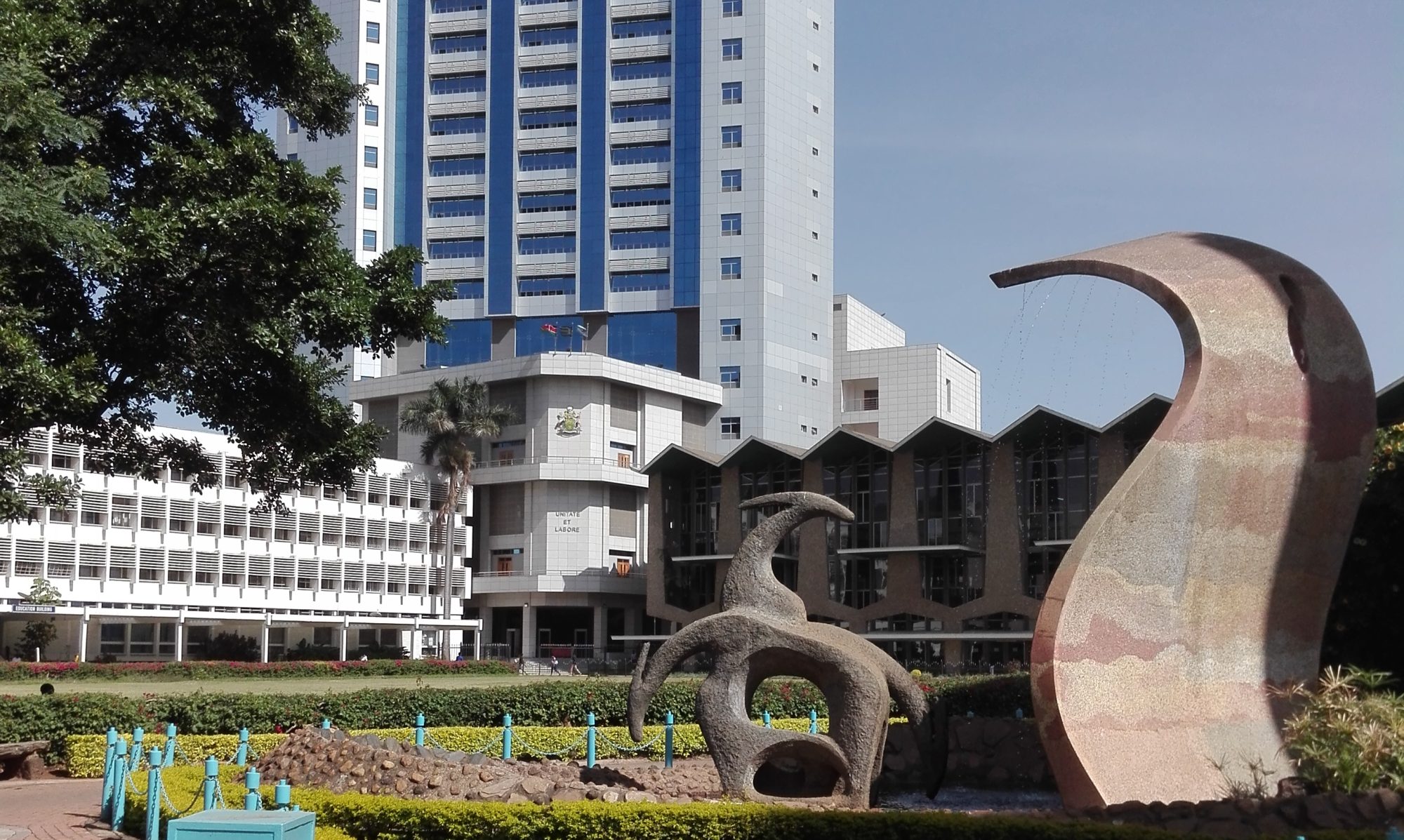
Economics is the study of how people, businesses, and governments choose to allocate their resources - from how humans produce things to how they distribute and consume things.
This Bachelor of Arts in Economics program familiarizes students with the economic aspects of modern society and teaches them how to analyze economic problems and evaluate public policies. The course provides students with a logical structure and careful reasoning skills that are in high demand by the private sector, not-for-profits, and government employers.
The importance of economics among the social sciences, and its appeal to many students who choose it as a major, reflects its deep intellectual roots, its rigorous analytical methods, and its powerful ability to explain social phenomena.
B.A. Economics graduates are well-rounded critical thinkers who understand how people, businesses, and government choose to allocate resources; they succeed in a range of careers, including financial analyst, policy analyst, business forecaster, auditor, and actuary within financial institutions, government, health care, or academia.
By the end of the program, a graduate of economics should be able to:
- Effectively understand issues affecting modern economies;
- Apply analytical skills for Research and Development;
- Adequately prepared for further academic pursuits in relevant economic disciplines and in other related professional courses;
- Solve emerging problems and challenges in modern economies;
- Conduct economic practices within an acceptable legal and ethical framework.
Possible career paths for an Economics graduate include:
- Business analyst,
- Economic forecaster,
- Management consultant,
- Policy advisor,
- Statistical analyst,
- and related careers in accounting, finance, human resource management, information systems, marketing and taxation.
Entry Requirements
KCSE mean grade of C+ with at least a minimum grade of C+ in the following subjects:
- Physics or Chemistry or Biology,
- English or Kiswahili,
- a Humanity or a Commercial subject.
- In addition, candidates should have obtained at least a B- in Mathematics.
Objectives of Bachelor of Arts in Economics
This B.A. Economics program trains students not only in deductive methods of logic but also in inductive methods of reasoning using statistical methods and a variety of social and economic data. Students explore quantitative, policy-oriented social science and learn how economic theories can be applied to a wide range of real-world situations.
Graduates are well equipped to perform economic analysis in most commercial and policy settings and to continue on to graduate school.
The overall objective of the B.A. Economics program is to produce competent and ethical economics graduates capable of effectively contributing to national and international economic development and progressing to higher levels of studies in economics.
The specific objectives of the Programme are to:
- Equip the students with the relevant economic tools of analysis and expose them to the modern economic thought for the study of Economics;
- Prepare students for a career in Public service, government, the private sector, and the non-governmental organizations;
- Provide a challenging intellectual environment to scholars interested in an inquiry into the socio-economic issues by way of research and networking, while extending the frontiers of knowledge within the discipline;
- Prepare candidates to undertake research and post-graduate studies in Economics.
What you will study
Year 1, Semester 1
- Introduction to Mathematics I
- Introduction to Microeconomics
- Business Studies
- Business Ethics
- Marketing
Year 1, Semester 2
- Introduction to Mathematics II
- Introduction to Macro-economics
- Business Studies
- Business Law
- Business Statistics
- Quantitative Techniques in Business
Year2, Semester 1
- Basic Mathematics
- Economics Statistics I
- History of Economic Thought I (Core)
- Technology and Modern Industrial Society
- Research Methods (Core)
Year 2, Semester 2
- Issues in African Economic Development (Core)
- Economic Statistics II
- History of Economic Thought (Core)
- Economics of Money and Banking
Year3, Semester 1
- Intermediate Microeconomics (Core)
- Maths for Economists (Core)
- Economic Development I (Core)
- Development and Population
- Economic Demography
Year3, Semester 2
- Intermediate Macroeconomics (Core)
- Quantitative Methods II (Core)
- Economic Development (Core)
- Environmental Economics
- Comparative Economic Systems
- Field Attachment (Core)
- Public Finance and Fiscal Policy
Year4, Semester 1
- Advanced Microeconomics (Core)
- Econometrics I (Core)
- International Economics I
- Agricultural Economics I (Core)
- Economics of Labour and Industry I
- Economic Policy Analysis
- Health Economics
Year4, Semester 2
- Advanced Macroeconomics (Core)
- Econometrics II (Core)
- International Economics II
- Agricultural Economics II (core)
- Economics of Labour and Industry II
- Research Paper (Core)
- Monetary Theory and Policy 3
- Project Appraisal and Evaluation 3
- The World Food Economy 3
Related articles
-

A Guide to Civil Engineering Degree and Diploma Programs in Kenya
08-Nov-2025 -

Electrical Engineering in Kenya: A 2025 Guide for KCSE Graduates
08-Nov-2025 -

Mechanical Engineering in Kenya: A 2025 Guide for KCSE Graduates
08-Nov-2025 -

Engineering Courses in Kenya: A Guide for 2025 KCSE Graduates
08-Nov-2025 -

Education Pathways in Kenya — From Basic Education to Tertiary | College Guide
06-Nov-2025 -

The Bird and the Mirror: A Reflection on Identity, Perception, and Illusion
07-Feb-2025
Colleges offering Bachelor of Arts in Economics

Starehe
University of Nairobi

Chuka Igambangombe
Chuka University

Nyeri Town
Dedan Kimathi University of Technology

Kisumu West
Maseno University

Kilifi South
Pwani University

Nyaribari Chache
Kisii University

Runyenjes


